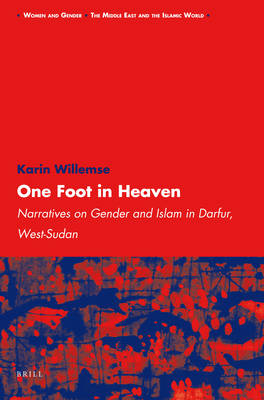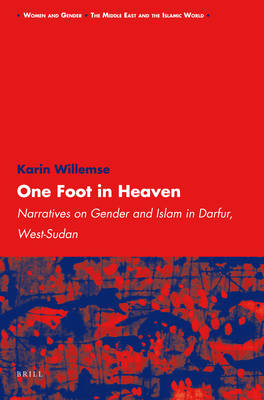
- Afhalen na 1 uur in een winkel met voorraad
- Gratis thuislevering in België vanaf € 30
- Ruim aanbod met 7 miljoen producten
- Afhalen na 1 uur in een winkel met voorraad
- Gratis thuislevering in België vanaf € 30
- Ruim aanbod met 7 miljoen producten
€ 283,95
+ 567 punten
Omschrijving
This book is based on extensive anthropological field-research in Kebkabiya, a town in Darfur, West-Sudan(1990-1995), when the Islamist government of Sudan had just come to power.
The title of the book is a conflation of two main government perspectives on the role of women. These proved to be decisive for the ways in which two classes of working women - low-class market women and highly esteemed female teachers- negotiated their identities within the Islamist moral discourse on gender. The book focuses on the biographic narratives of one woman from each class, which are analysed as part of the multi-layered context in which the woman spoke and acted - and of which the author also formed part.
Finally, the author reflects on the war in Darfur as part of a process of identities-in-construction.
The title of the book is a conflation of two main government perspectives on the role of women. These proved to be decisive for the ways in which two classes of working women - low-class market women and highly esteemed female teachers- negotiated their identities within the Islamist moral discourse on gender. The book focuses on the biographic narratives of one woman from each class, which are analysed as part of the multi-layered context in which the woman spoke and acted - and of which the author also formed part.
Finally, the author reflects on the war in Darfur as part of a process of identities-in-construction.
Specificaties
Betrokkenen
- Auteur(s):
- Uitgeverij:
Inhoud
- Aantal bladzijden:
- 584
- Taal:
- Engels
- Reeks:
- Reeksnummer:
- nr. 5
Eigenschappen
- Productcode (EAN):
- 9789004150119
- Verschijningsdatum:
- 1/11/2007
- Uitvoering:
- Hardcover
- Formaat:
- Genaaid
- Afmetingen:
- 160 mm x 240 mm
- Gewicht:
- 1203 g

Alleen bij Standaard Boekhandel
+ 567 punten op je klantenkaart van Standaard Boekhandel
Beoordelingen
We publiceren alleen reviews die voldoen aan de voorwaarden voor reviews. Bekijk onze voorwaarden voor reviews.










